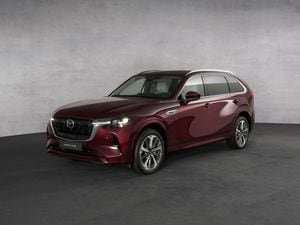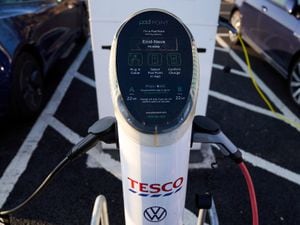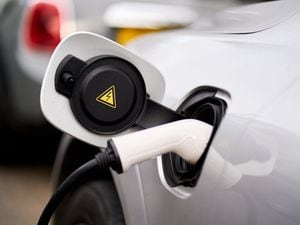New cars safer than ever with two-thirds offering collision avoidance technology
Official figures show that nearly 1.8 million car buyers in the UK benefited from collision warning technology in the past year
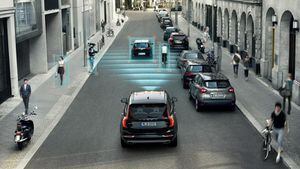
Almost 1.8 million vehicles sold in the UK in 2016 came with collision avoidance technology, representing two-thirds of the market.
New figures released today by industry body the Society of Motor Manufacturers and Traders (SMMT) and automotive data experts Jato Dynamics show that nearly 40 per cent of new cars had the equipment as standard, with another 27 per cent of buyers opting for it to be fitted.
The number of buyers who took advantage of collision avoidance technology is also up 20 per cent on 2015.
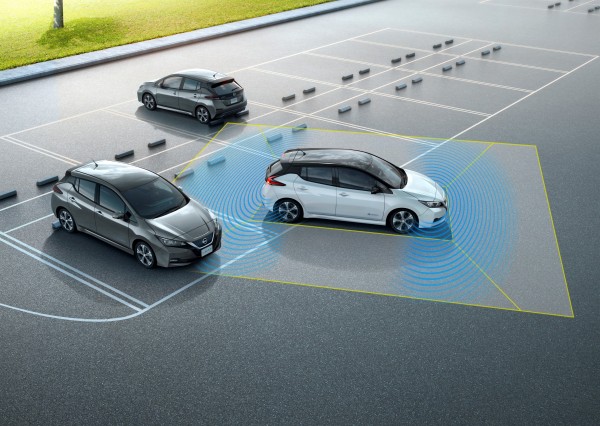
SMMT chief executive Mike Hawes said: “Safety is the number one priority for vehicle manufacturers and the pace of technological change is faster than ever before, with driver assistance technologies now available on the majority of vehicles.
“Fully autonomous cars may still be some way off but millions of consumers are already enjoying the benefits of new technology, which can only help make our roads safer.”
Other popular safety technologies were parking assistance, which was fitted to 58.8 per cent of new cars, automatic emergency braking on 53.1 per cent and a blind spot sensor on 42.1 per cent.
Rounding off the top five was adaptive cruise control, which automatically keeps pace with traffic and was fitted to 36.2 per cent of new cars.
The SMMT says that the increasing number of collision avoidance systems and driver aids fitted to new cars has contributed to a fall in road crashes in the UK of nearly 10 per cent in five years.
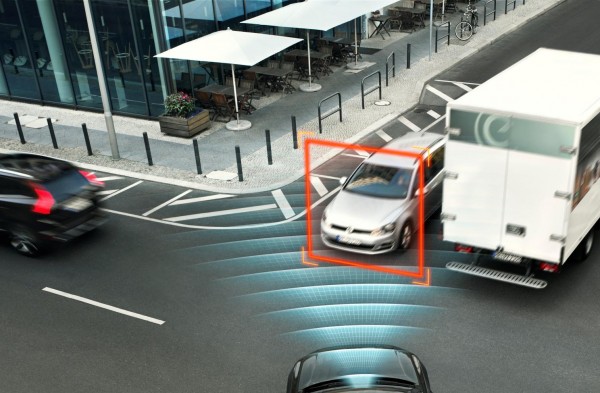
In 2015, the industry body authored a report with auditors KPMG, which found that connected and self-driving vehicle technologies could reduce serious accidents by 25,000 and save 2,500 lives by 2030.
It also suggested there would be economic benefits for individuals and the UK as a whole – shorter journey times, lower fuel costs and the ability to multi-task could save motorists a combined £40 billion, while the UK could be better off by up to £51 billion.



